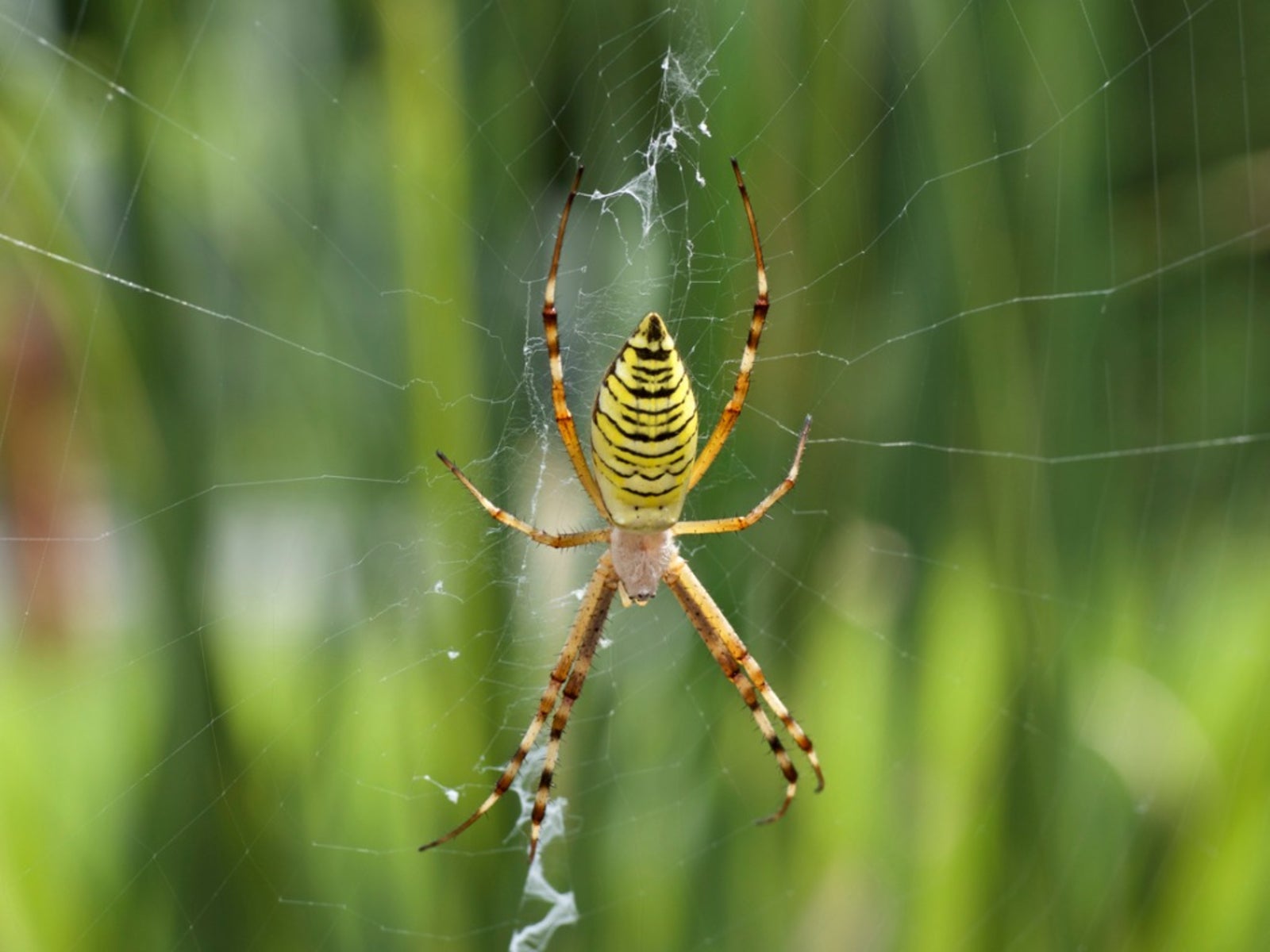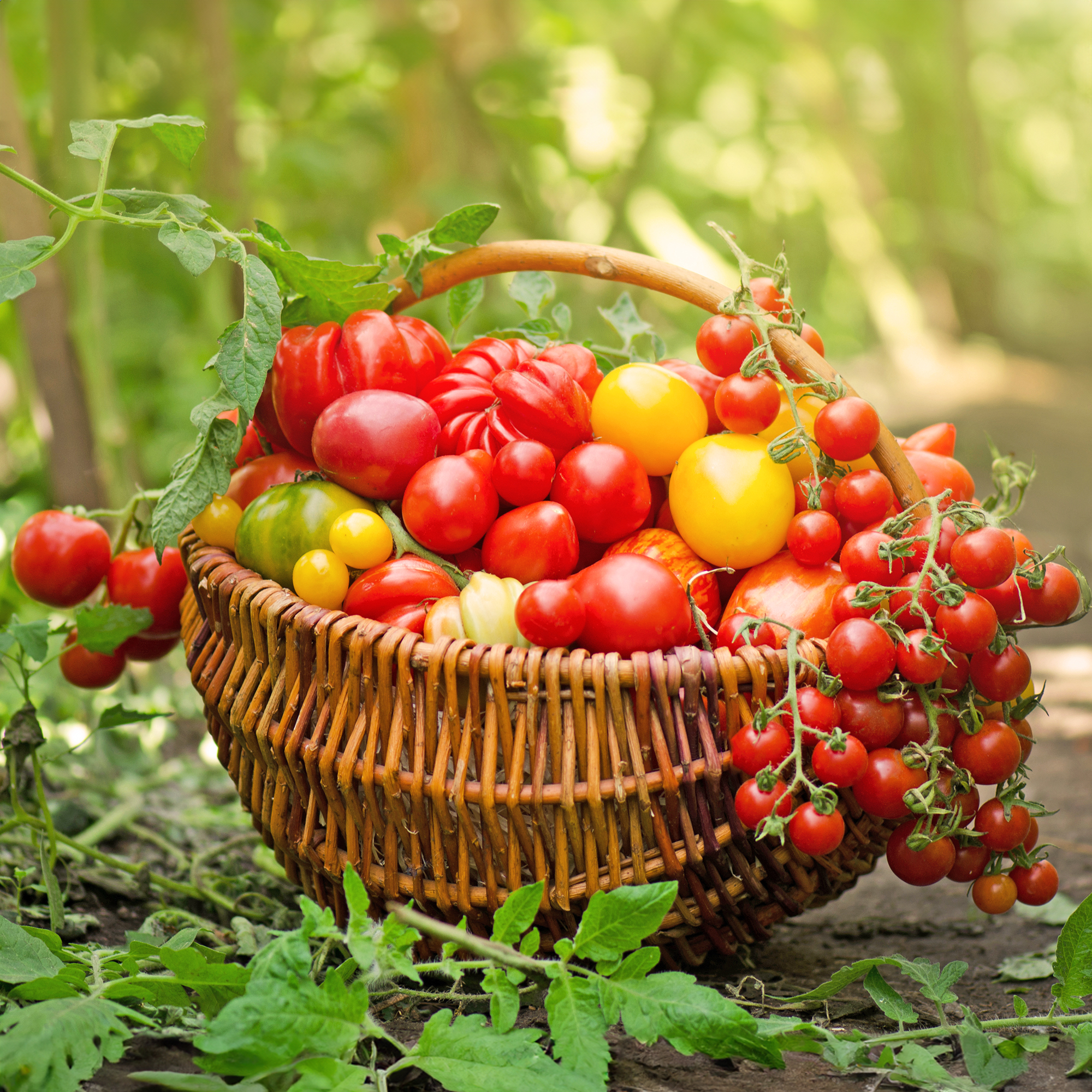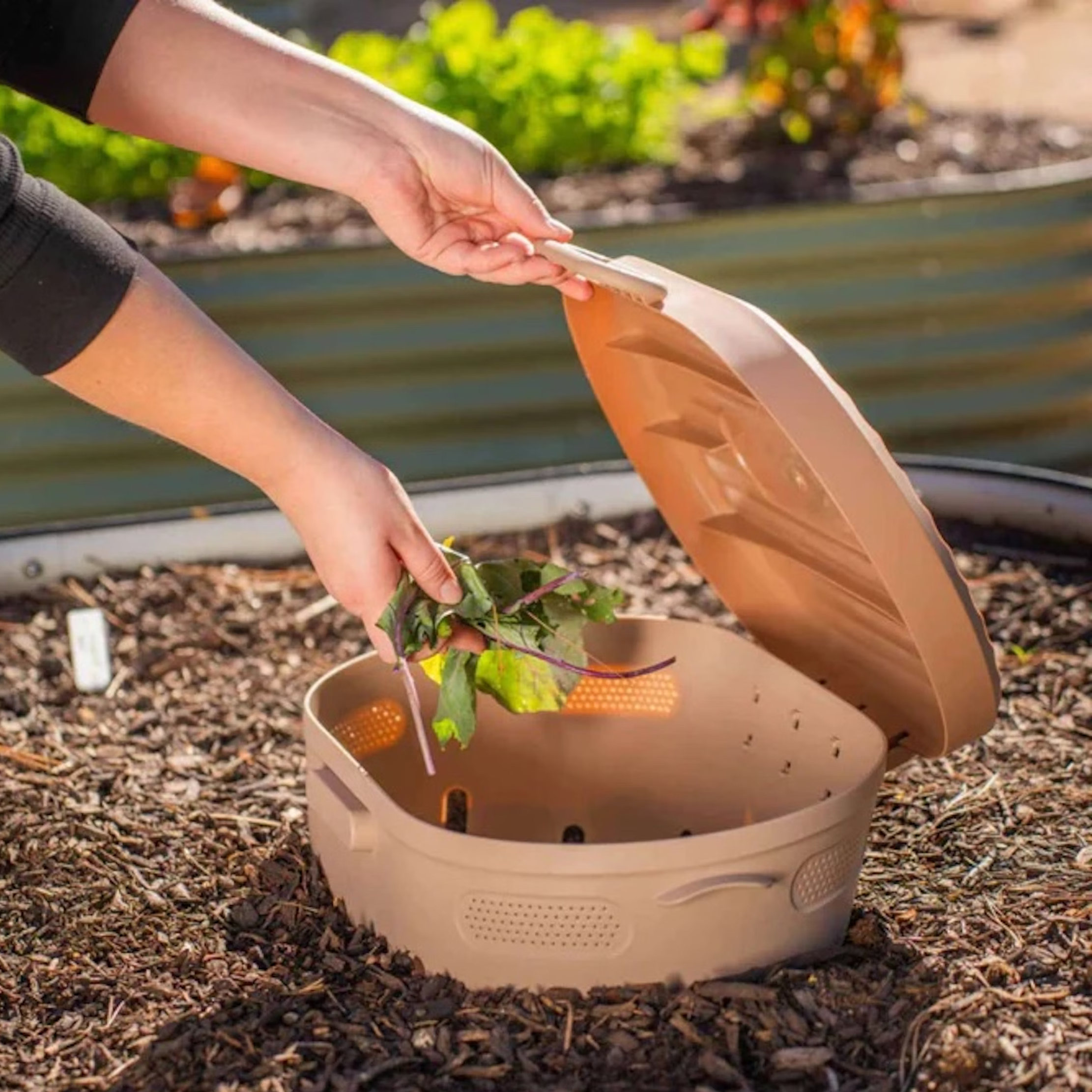Spider Garden Pests - Tips For Controlling Spiders In The Garden

Spiders come in all shapes and sizes, and to many people, they are scary. Although our tendency may be to kill spiders, even spiders in our garden, they can actually be very beneficial. Most spiders that we see during daylight hours are unlikely to cause harm to humans. Spiders in gardens serve a predatory role, munching up insects that may be munching up plants. If you see spiders in the garden and you can identify them as harmless rather than spider garden pests, it is best to leave them alone.
Facts About Spiders in the Garden
Most spiders live up to two years. Spiders are found all over the world apart from the oceans and Antarctica. Spiders in the garden construct flat webs between plants, even across garden paths, or along window and doorframes. Most of the time, spiders will stay outside in the garden, but sometimes they will make their way into the house as temperatures drop. Some types of spiders like woody or shrub areas and others like to be in sunny spots around tall grass or homes. Gardens are often a popular site for spiders, as they usually have an endless supply of insects to feast upon. Most common spiders found in the garden will eat whatever falls into their web and inject deadly poison into their prey. The poison paralyzes the prey so that the spider can then gobble it up.
Controlling Spiders in the Garden
First, consider carefully before you decide to kill the spiders in your garden. A spider can eliminate many harmful insects from your garden. They will reduce your need for other pest controls and most are relatively harmless to you. If spider garden pests are a concern due to bites or an uncontrollable fear, then there are a few things you can try. Insecticides are generally not the best remedies to kill spiders because spiders are not insects. In order for the insecticide to work, insects must drag their body across the place where the insecticide has been sprayed. Spiders do not crawl; they lift their bodies up with their legs. Simply consistently removing spider webs as you find them may be enough to encourage spiders living in your garden to move on. Also, reducing a spider's potential food supply will also help with encouraging a spider to leave. Consider switching outdoor lights to sodium vapor bulbs (which are less attractive to insects) and keeping up good pest management in the garden by cleaning up fallen plant debris and addressing pest problems as soon as they appear. Spiders are attracted to gardens with many hiding spots. Wood, rock, and compost piles or any other mass of debris will look like a comfortable and safe home to a spider. Removing these from your yard will help to keep spiders out of the garden. If you wish to kill any spider you find in your yard, the best option is to do so as you find them. As mentioned above, insecticides are not very effective on spiders. They must be applied directly to the spider to have any effect at all. Quickly crushing a spider is the most sure-fire way to kill a spider.
Remedies to Keep Spiders Out of the House
If spiders are busy making webs all over your house, it may be necessary to take action to stop them from coming into your house from the garden. The first step to dealing with spiders coming in from the garden is to seal all cracks in basement walls and window casings where spiders may get in. Cutting down bushes and shrubs around your home also helps keep spiders indoors to a minimum. Spring cleaning with a good vacuum in all of the nooks and crannies will help reduce your spider population drastically. It is important to get above door frames, in corners, and behind furniture. A good spring cleaning will eliminate spider egg sacs and all the great insects that spiders love to eat. Hopefully after cleaning, they will find a new place to live.
Gardening tips, videos, info and more delivered right to your inbox!
Sign up for the Gardening Know How newsletter today and receive a free copy of our e-book "How to Grow Delicious Tomatoes".
-
 Types Of Tomatoes Explained: Explore The Many Wonderful Shapes, Colors, Flavors, & Best Uses
Types Of Tomatoes Explained: Explore The Many Wonderful Shapes, Colors, Flavors, & Best UsesThe world of tomato varieties is vast and fascinating. Learn about the key types to grow in your garden, tailored to your preferences and space.
By Amy Grant
-
 Try The Trend – Turn Any Bed Into A Keyhole Garden With This Clever In-Ground Composter
Try The Trend – Turn Any Bed Into A Keyhole Garden With This Clever In-Ground ComposterKeyhole gardening is an efficient and sustainable practice that saves space. Get started on this DIY project quickly and easily with an in-ground composter.
By Bonnie L. Grant